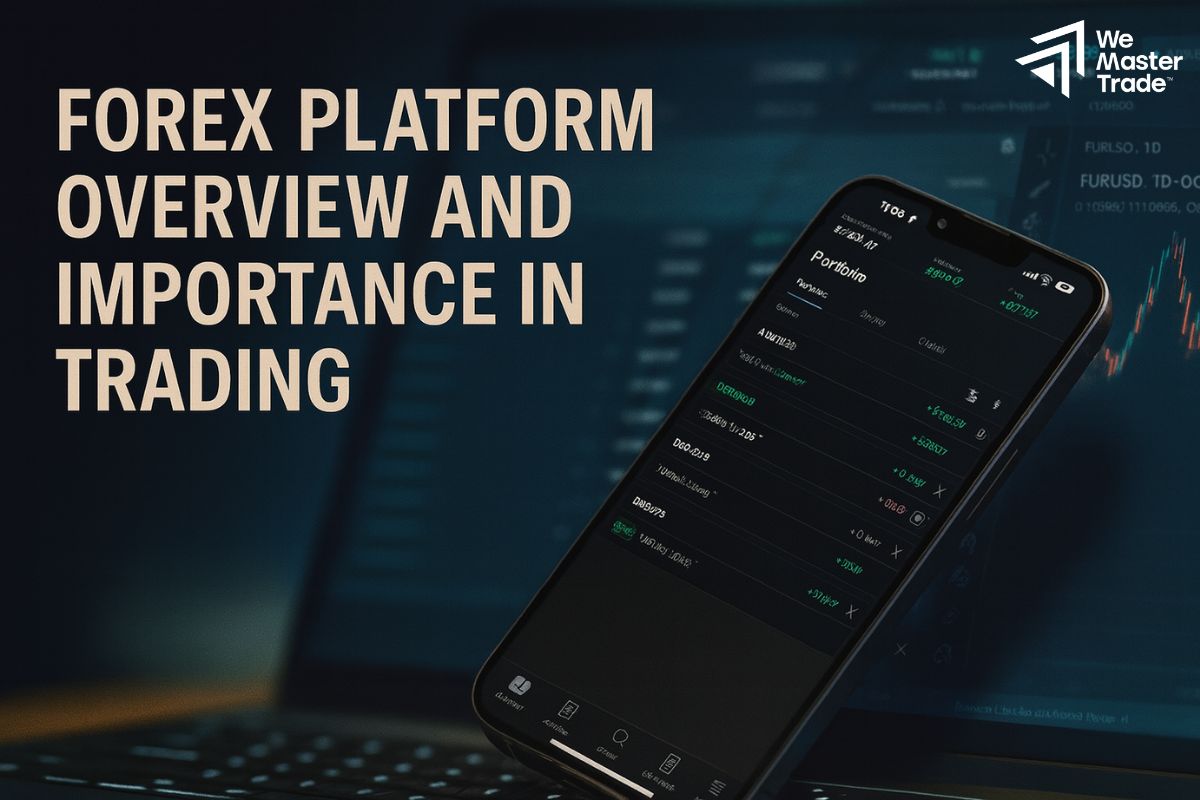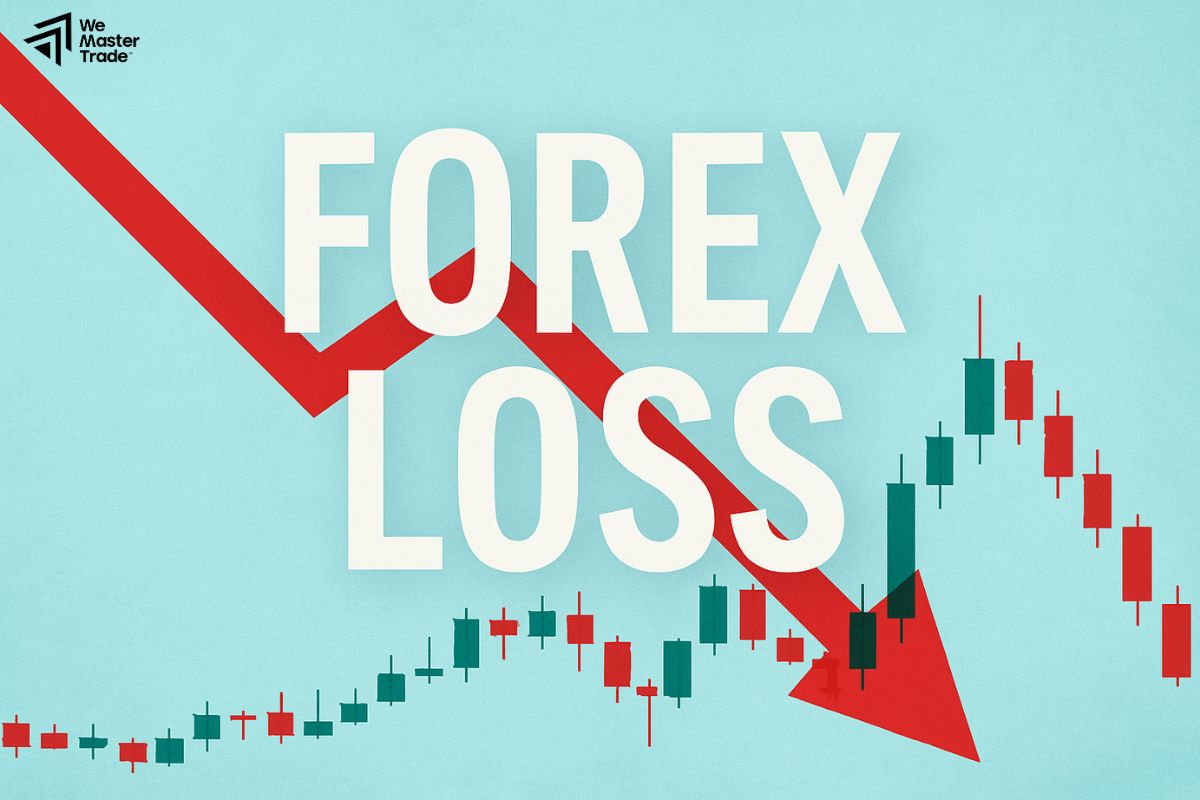Building prop firm relationship isn’t just the first step to getting funded—it’s the foundation for maintaining a stable and long-term partnership. Many traders focus solely on trading strategies and overlook a crucial aspect: how to become a trustworthy partner in the eyes of a prop firm. This article will help you understand how to proactively create a mutually beneficial relationship.
What Is a Prop Firm Relationship?
A prop firm relationship is not a typical employer-employee arrangement. It’s a professional collaboration between a skilled trader and a funding firm—known as a prop firm. The trader trades with the firm’s capital, and the firm benefits from trading results through a clearly defined profit-sharing structure.

What Is a Prop Firm Relationship?
What Is Prop Trading?
In a proprietary trading (or “prop trading”) model, traders don’t use their own money—they’re funded by the prop firm. If the trader generates profit while complying with certain rules (such as drawdown limits, trading hour restrictions, etc.), they receive a share of the profits—typically between 70% and 90%.
See now:
Prop firm vs. Independent trading
Unlike trading alone with personal capital and bearing all the risk, working with a prop firm offers structured support: large trading capital, fair evaluation processes, and performance dashboards. That’s why more serious traders are choosing to grow with prop firms.
Why Traders Should Build Prop Firm Relationship
If you’re a trader with long-term goals, here are compelling reasons to establish a strong prop firm relationship:
No need for large starting capital: Traders don’t have to invest thousands of dollars upfront, greatly reducing financial pressure and startup risk.

Why Traders Should Build Relationships With Prop Firms
Disciplined trading and risk control: Prop firms impose clear rules like loss limits and maximum drawdown. This helps traders cultivate a safer and more stable trading mindset.
Higher performance, higher income: Unlike fixed-income jobs, profit-sharing means earnings reflect real performance. The better you trade, the more sustainable your income becomes.
Career development with scaling capital: Many prop firms offer scaling programs—providing more capital to high-performing traders. This opens the door to structured, long-term career growth.
Transparent systems and professional environments: Traders benefit from performance tracking tools, peer communities, and unbiased trading environments—where evaluation is based on results, not connections.
Key Elements for Building a Long-Term Prop Firm Relationship
For a prop firm relationship to become a true career foundation, both trader and firm need mutual growth and alignment. Here are four key factors traders should prioritize:
Trading discipline and risk management

Trading discipline and risk management
In any prop firm partnership, the first thing a firm evaluates is your discipline and risk control. Adhering to drawdown rules, avoiding overtrading, and staying consistent with your strategy not only protects your account but also builds trust. Prop firms don’t expect you to always win—they expect you to manage losses responsibly.
Transparent performance evaluation
A reputable prop firm will have a clear, consistent, and data-driven evaluation system. There’s no room for bias—only actual metrics like profit, win rate, and risk usage. This gives traders confidence that prop firm relationship is based on performance, not favoritism or insider connections.
Traders should also choose firms with clear dashboards, real-time data, and publicly shared evaluation criteria—this is the best way to maintain mutual trust.
Tool support and skill development

Tool support and skill development
Not every prop firm provides training, but firms that invest in a trader’s long-term growth are often ideal for long-term collaboration. This support might include:
- Performance tracking dashboards
- Community strategy-sharing groups
- Coaching or regular feedback sessions
Periodic reviews and scaling opportunities
A sustainable partnership is one where both sides grow together. Traders should choose firms with transparent scaling programs—for example, doubling capital after every 10% of consistent profit, or providing additional parallel trading accounts.
Periodic reviews help traders understand their current performance, identify areas for improvement, and stay motivated with clear progress goals.
Conclusion
In summary, a sustainable prop firm relationship is built on mutual trust, discipline, transparency, and shared growth. If you’re a trader looking to build a long-term career, choose a prop firm that gives you more than capital—it gives you the chance to grow with them.
See more:











